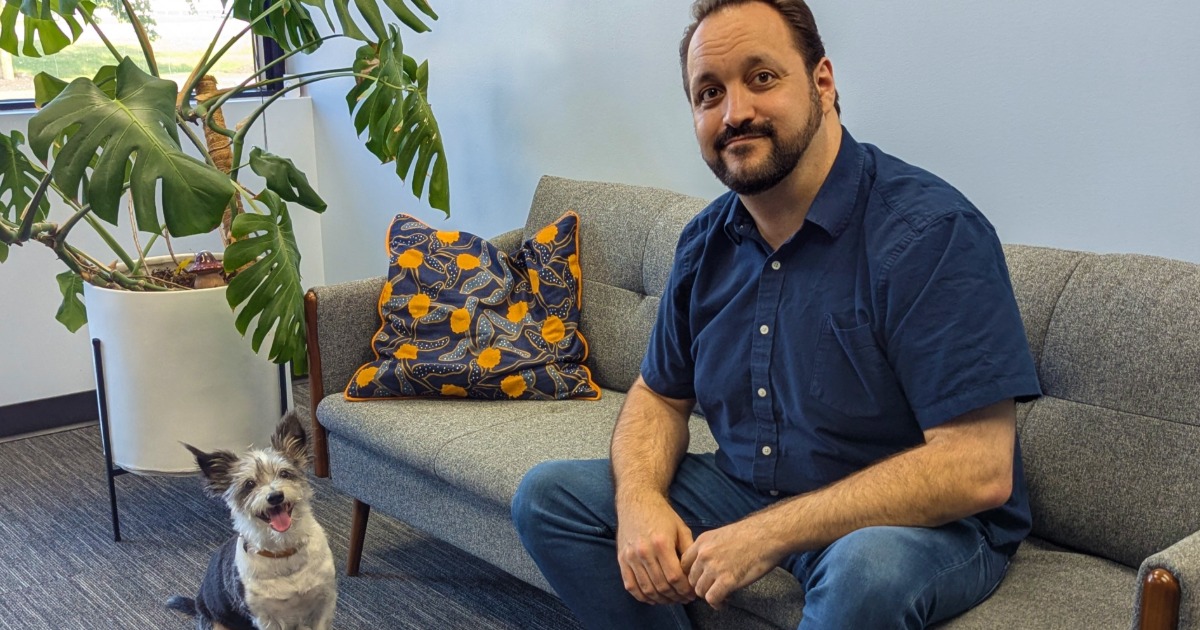Like it or not, meaningful use is under way, in a big way
WASHINGTON – No matter how you feel about the federal incentive program to drive the adoption of healthcare it, the numbers speak for themselves. The Centers for Medicare & Medicaid Services announced in early May that the federal government had paid out more than $5 billion in meaningful use incentives as of April. This money went to 93,650 physicians – $287 million to Medicare providers and $299 to Medicaid providers.
Robert Anthony from the CMS Office of eHealth Standards and Services reported on May 2 that more than 40 percent (132,000) of all the primary care providers in the country have enrolled in the meaningful use incentive program, with 67,000 of them coming from small practices.
These are striking numbers, and an accomplishment many soothsayers did not expect. In the course of my reporting, I still find people who are disheartened by the program, for many reasons. Some do not feel the incentives are a justifiable federal expense. Others, often providers, do not feel the federal pressure to adopt EHRs and the imposition of a new workflow on their private medical practice is appropriate. Still others are just plain speculative about how interoperability will ever come to pass, making all of this progress worthwhile.
Probably one of the more interesting comments I’ve heard lately came from Toby Bond, a practicing internist and president of the Accountable Care Coalition of Greater Athens Georgia, one of the first ACOs named to participate in the Medicare Shared Savings Program. Bond is also a certified professional coder and he owns a hospital.
“I’m a Republican,” he told me. Still, he supports the HITECH bill found in the Obama administration’s 2009 stimulus package, responsible for paying for the EHR incentive program. “Primary care physicians need more support. Obama gets it,” Bond said. (“Obamacare is a different argument,” he added.)
“This is much more thought out than you realize,” said Bond. “It’s all building to everybody talking. This is a master plan and it’s actually brilliant. This is a monumental task that we’re about to undertake,” he said, speaking of EHR adoption and the building of ACOs.
“Myself, I see patients all day, and it’s a big project for me, but it’s going to be a great project and one we have to do,” he said. “I’m very proud of the government for trying to give people resources to do it.”


